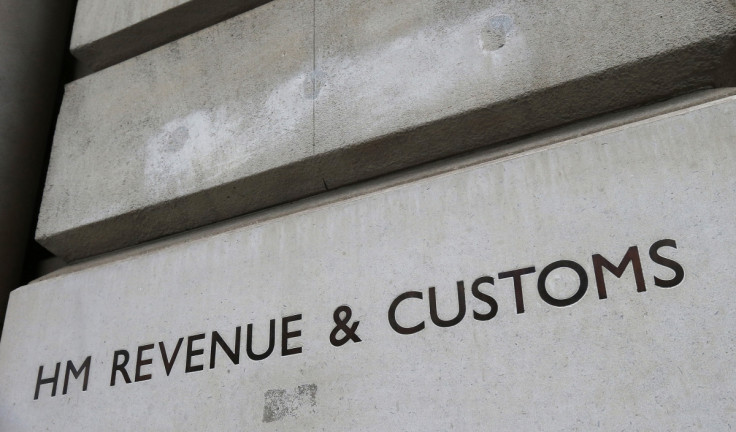UK Tax Evasion Widens on HMRC Cuts and Lack of Avoidance Law

A lack of anti-avoidance tax law and cuts to public services are contributing to the UK's yawning tax gap.
New research by Tax Research LLP, on behalf of the Public and Commercial Services Union, shows that the tax gap - defined as "the difference between the tax that should be paid in the UK if the tax system worked as parliament and HMRC intended, and the amount actually paid" - topped £119bn in 2013-14 and "is rising steadily".
The figures clash significantly with those produced by HMRC, the government's tax collecting body. The PCS-commissioned research estimates that over 2013 and 14 the UK lost £73.4bn to tax evasion ("tax lost when a person or company deliberately and unlawfully fails to declare income that they know is taxable or claims expenses that are not allowed") over the course of the studied period, dwarfing the official government estimate of £22.3bn.
The other areas that contribute to the tax gap are tax avoidance – defined as "tax that is lost when a person claims to arrange their affairs to minimise tax within the law in the UK or in other countries". The PCS estimates tax avoidance costs the UK economy £19.1bn over the course of the year. Tax debt - tax which is not paid by a person or company who knows that they owe it, but who don't pay or delay payment - cost the UK £18.2bn over 2013-14.
While the total tax gap has narrowed slightly from the £120bn Tax Research estimated in 2010, tax evasion has been rising quite sharply over recent years and is predicted to do so.
Tax Research estimates that the £73.4bn estimate will grow beyond £100bn in 2018-19 should the UK government not take action.
In a pamphlet written to accompany the report, the research's author Richard Murphy recommended that the UK government introduce wholesale reform to its tax law to incorporate avoidance strategies, and "the introduction of country-by-country reporting for multinational corporations" combined with "a reversal of the cuts to staff in HMRC and at Companies House".
In June, HMRC closed all of its 281 Face to Face Enquiry Centres, months after it had also announced the loss of 8,000 jobs, to come by early 2015. The centres were designed to assist with tax queries and, over the year to March 2013, had provided such assistance to 2.5 million people.
"While we wish HMRC success in saving costs and making their brave new world of roving enquiry staff work, we wonder whether the timing of this change will come to haunt them," said Chas Roy-Chowdhury, head of taxation at the ACCA, at the time the closures were announced.
Last month, 340 staff walked out of Telford tax office in protest against HMRC moves to close its two sites in the town, thereby ending its presence in Shropshire county.
Mike Veric, the vice-chairman of the PCS (which represents most HMRC staff) West Midlands committee, told local press: "The walk out is because workers are worried because they are having to work much harder and longer hours.
"We are in the last week of tax credit renewals, for example, and because HMRC has made people redundant in that area, there is not enough staff to do the work so managers from offices are being asked to go and help out.
"These managers are on £50,000 a year. It does not make much sense for these people to replace a few workers who were on £15,000."
HMRC has been forced to defend the restructuring which it has undergone since the government's austerity policies came into effect.
Speaking after the Telford walkout, HMRC spokesperson Michelle Potts said: "HMRC is transforming to ensure that we continue to deliver the best possible service to our customers. In common with all customer service organisations we have to match staffing to the growth in online and digital services. We remain committed to avoiding redundancies wherever possible."
© Copyright IBTimes 2025. All rights reserved.





















